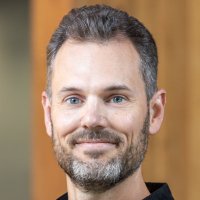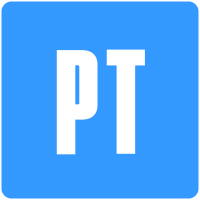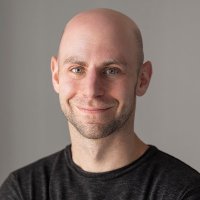
Christopher M Barnes
@chris24barnes
Professor of Organizational Behavior, National University of Singapore Business School; I research/tweet about research in sleep, management, and psychology
ID: 1444509944
https://discovery.nus.edu.sg/27028-christopher-montgomery-barnes 20-05-2013 18:55:41
3,3K Tweet
1,1K Followers
119 Following








My latest Harvard Business Review content (led by Dr. Kira Schabram), about how we should rethink breaks at work. We especially need to rethink organizational cultures that force people to hide breaks. hbr.org/2025/02/a-guid…

My latest psychologytoday post, discussing our research led by Elijah Wee and Giselle Antoine. I discuss our findings about how bragging about #sleep deprivation influences status at work differently for men than for women. psychologytoday.com/intl/blog/huma…

Many people treat sleep deprivation as a badge of honor. Here's why they really shouldn't—and how a mindset shift can be healthier for everyone, writes Christopher M Barnes psychologytoday.com/us/blog/human-…




Fantastic summary of our recent work-life research with the team of @ekonkark @chrisbarnes Christopher M Barnes and Dr. Allison Gabriel . So many insights for modern work! journals.aom.org/doi/10.5465/am…








